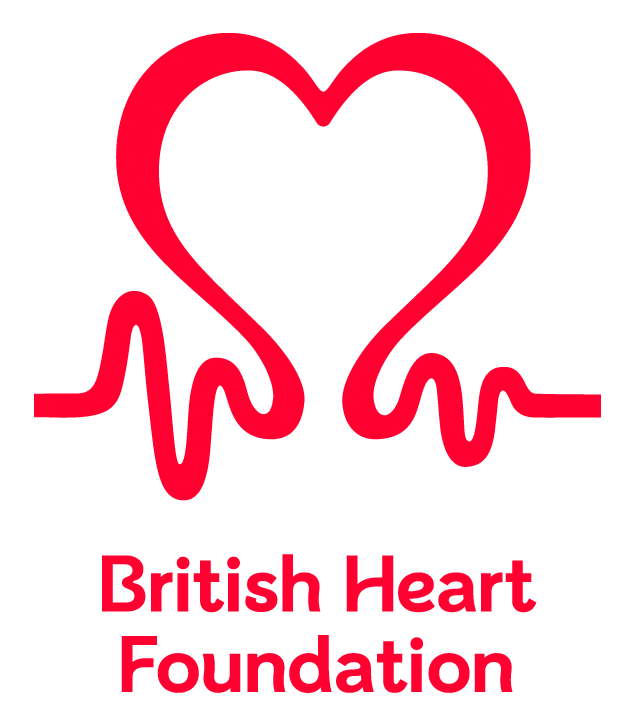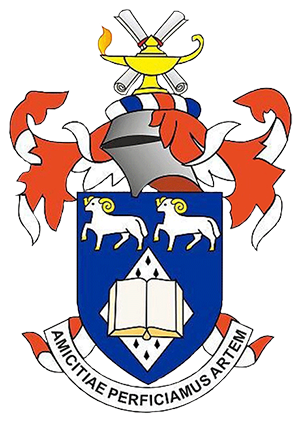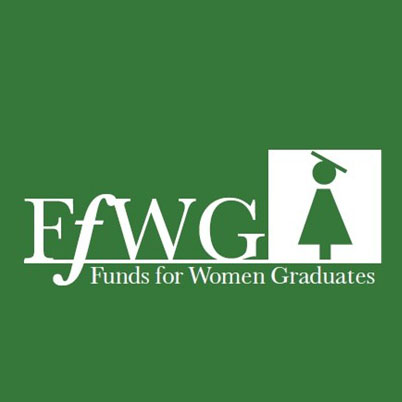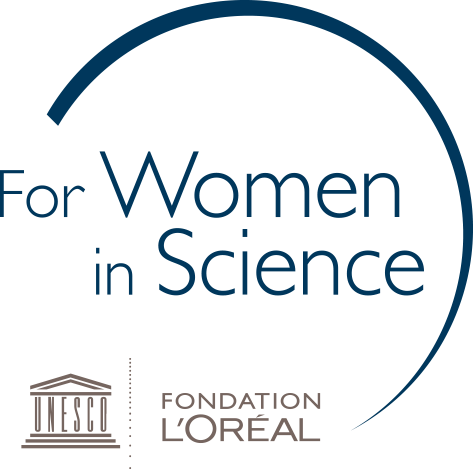Athena SWAN Gender Charter
The University has been a member of the Athena SWAN Charter since 1st October 2015 and in 2020 renewed its Bronze Award for Gender Equality.
The School of Applied Sciences has held a departmental Athena SWAN Silver Award since 2018 and all the other Schools hold departmental Athena SWAN Bronze Awards.
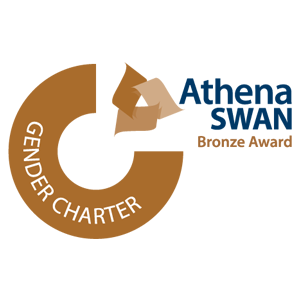
As a member of the Athena SWAN Charter for gender equality, the University of Huddersfield determines its priorities and interventions, by committing to:
- adopting robust, transparent and accountable processes for gender equality work, including:
- embedding diversity, equity and inclusion in our culture, decision-making and partnerships, and holding ourselves and others in our institution/institute/department accountable
- undertaking evidence-based, transparent self-assessment processes to direct our priorities and interventions for gender equality, and evaluating our progress to inform our continuous development
- ensuring that gender equality work is distributed appropriately, is recognised and properly rewarded
- addressing structural inequalities and social injustices that manifest as differential experiences and outcomes for staff and students
- tackling behaviours and cultures that detract from the safety and collegiality of our work and study environments, including not tolerating gender-based violence, discrimination, bullying, harassment or exploitation
- understanding and addressing intersectional inequalities
- recognising that individuals can determine their own gender identity, and tackling the specific issues faced by trans and non-binary people
- examining gendered occupational segregation, and elevating the status, voice and career opportunities of any identified under-valued and at-risk groups
- mitigating the gendered impact of caring responsibilities and career breaks, and supporting flexibility and the maintenance of a healthy ‘whole life balance’
- mitigating the gendered impact of short-term and casual contracts for staff seeking sustainable careers.
The University Equality, Diversity and Inclusivity Enhancement Committee (UEDIEC) is the umbrella group which undertakes the responsibilities of the Athena SWAN self-assessment team (SAT). The UEDIEC supports Athena SWAN activity in the academic Schools. Each School has their own Athena SWAN SAT or an Equality, Diversity and Inclusivity Committee which undertakes the responsibilities of the SAT.
If you wish to find out more about the work being undertaken to implement the Athena SWAN action plan then please contact the Athena SWAN Lead.
University Athena SWAN Bronze Award for Gender Equality 2020 submission
Women’s Staff Network
The University welcomes and supports the development of staff networks. Our staff networks provide an opportunity for staff who share a protected characteristic to network, obtain peer support and share information. They can also offer opportunities for staff to inform university policy on equality-related issues and topics. The networks are run by and for the members, with support from the University EDI Officer.
The Women’s Staff Network was formed in April 2019. Members come from across the University and from a variety of roles and the network is always looking for new members and ideas. Please take a look at the terms of reference and contact the Chair if you are interested in joining or would like to find out a bit more about the network, including future meeting dates.
Chair: Iona Murphy
Partnership with WHEN - Women’s Higher Education Network
WHEN is dedicated to equity of opportunity for women in higher education.
As a partner organisation to WHEN, we are committed to advancing gender equality, both within the University and the higher education sector. We will work with WHEN to shape their agenda and drive forward change.
As an institutional partner, women are able to join as individual members for free here.
As an individual member you gain instant access to the members area, where you will find articles, interviews, stories, the webinar library and more.
If you have any questions about WHEN then please contact Susan Branton.
Aurora – Women’s Leadership Programme
Aurora is Advance HE's leadership development initiative for women. It is run as a unique partnership bringing together leadership experts and higher education institutions to take positive action to address the under-representation of women in leadership positions in the sector.
To find out more about the programme, please look at Advance HE’s website: Aurora or contact the University Aurora Champion
Funding Opportunities for Researchers
Daphne Jackson Trust: flexible and part-time fellowships.
Royal Society: Dorothy Hodgkin Fellowship for early career scientist, and Athena Prize and Rosalind Franklin Award for innovative and outstanding contribution to diversity in STEMM.
Wellcome Trust: research career re-entry fellowship.
British Heart Foundation: career re-entry research fellowship and other grants.
L’Oreal-UNESCO for Women in Science: support for early career female scientists.
British Federation of Women Graduates (BFWG): scholarships for doctoral students based on overall academic excellence.
Funds for Women Graduates: foundation grants – bursaries to support living expenses for final year (or writing-up year) of PhD students. Part-time students can apply from third year onwards.
Academy of Medical Science: offers training and support to develop leadership and career potential of female researchers.
Menopause Support
The University is committed to supporting colleagues who are experiencing symptoms of the menopause, or those who are affected by colleagues or loved ones going through this transitional period, which is why we signed up to the Menopause Workplace Pledge.
Colleagues and Line Managers can find more information about guidance, support and resources from the Staff Wellbeing Hub - Menopause.
Breastfeeding Statement
The University campus is breastfeeding friendly and there are no restrictions on bottle or breastfeeding at the University.
Members of staff are responsible for communicating their requirements for breastfeeding and expressing facilities to their line manager, prior to their return to work or for undertaking any Keeping in Touch Days. Where facilities are required, it is the responsibility of the line manager to identify an appropriate room, as close to where the member of staff is working, as is practicable.
Members of staff are responsible for ensuring any facilities used for breastfeeding or expressing are left clean and tidy for the next user. There are no dedicated storage facilities for breast milk available on campus.
Please note: On return to work from maternity leave, the original risk assessment, which forms part of the Maternity Information Pack, should be reviewed and revised accordingly.
Domestic Abuse Support
If you or someone you know is a victim of domestic abuse you can find information on how to get help and support from Staff Wellbeing.


